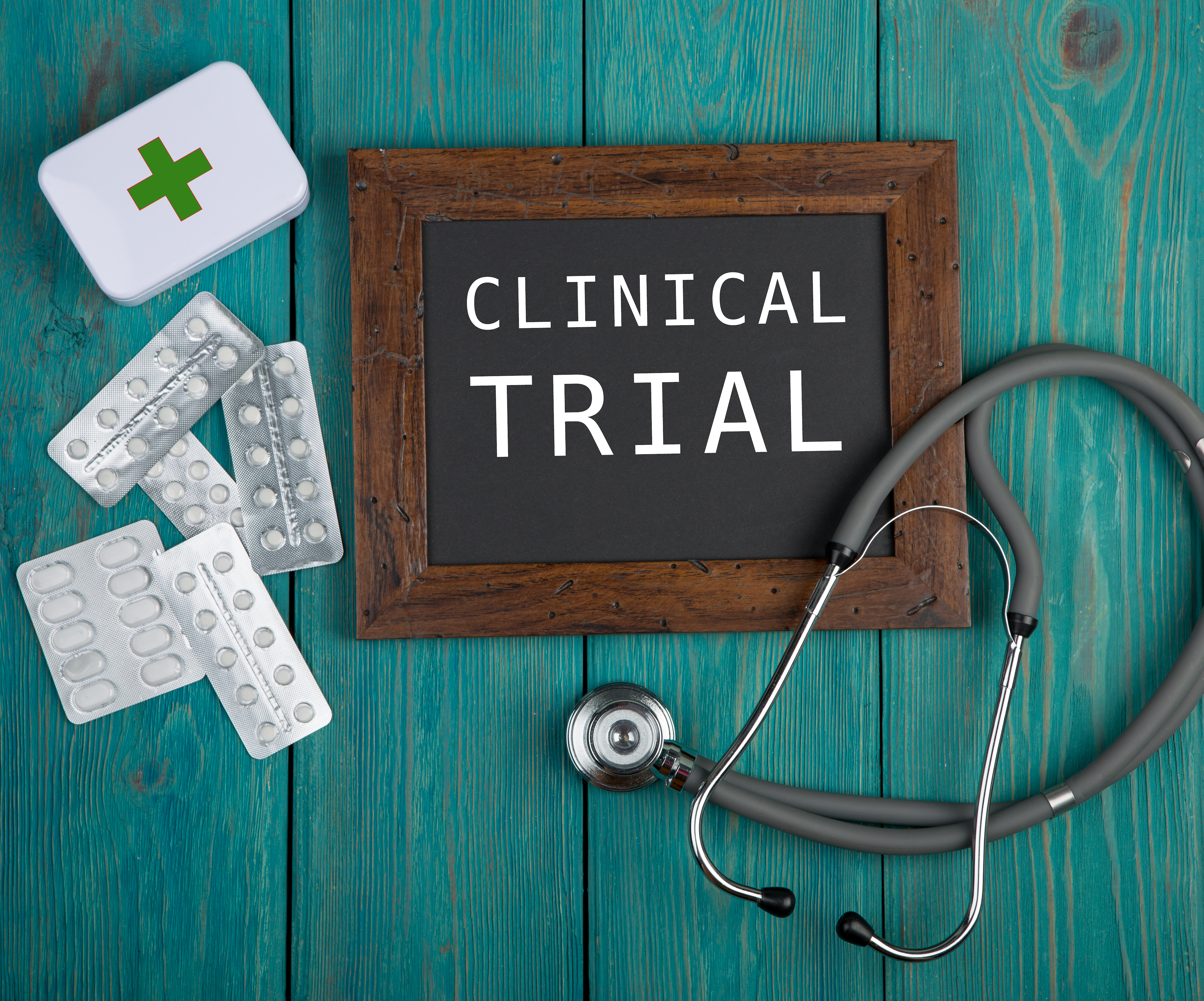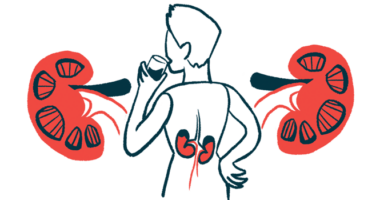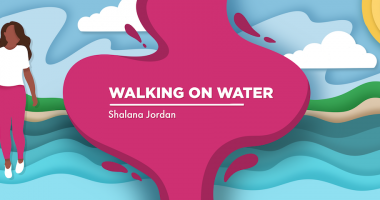Clinical Trials for aHUS

What are clinical trials?
Before pharmaceutical companies can market a treatment to patients, regulatory agencies must approve it. In the U.S., this regulatory agency is the Food and Drug Administration (FDA). For the European Union, it’s the European Medicines Agency (EMA).
As part of the approval process, researchers must demonstrate that a treatment is safe and effective for patients. In initial clinical trials, researchers can test a new medication, device, or other treatment in healthy volunteers or in a small group of patients. If safety is established in these early trials (generally Phase 1 or Phase 1/2), more advanced clinical trials typically open to compare an investigative treatment to ones already available to patients.
During the clinical trial, physicians and researchers record all symptoms that patients experience to determine whether the new treatment has any side effects. They also usually look for evidence of effectiveness.
The FDA and EMA must approve the design of a clinical trial before it can begin.
What are the advantages of participating in clinical trials?
Participating in clinical trials can have several benefits. You can get access to new medications that may be effective in treating your symptoms, but are not available commercially.
Moreover, the clinical trial covers the cost of your medications and medical treatment. You may also be able to get compensation for participating in the trial. This can cover your travel and hotel costs, as well as time away from work.
What are some potential disadvantages?
There are different formats for clinical trials. In open-label trials, you will know what medications you are being treated with throughout the study.
In “blinded” studies, you will be randomly assigned to either a control or experimental group. Only the experimental group receives the medication being investigated; the control group is given a placebo or sham treatment. Because the trial is blinded, neither you nor the researchers you interact with will know if you were given the active treatment until after the trial is over. Trials are blinded to reduce a risk of bias in interpreting their results, but this can mean that you do not receive the experimental treatment.
Another potential downside is that, although new medications will have been shown to be safe and effective in preclinical work (including studies in disease models like mice or primates), researchers cannot always predict whether a new treatment will cause serious side effects in people. In rare cases, these side effects can be severe enough to cause a participant to drop out of a study.
Am I eligible for a clinical trial?
Always talk to your doctor or healthcare team prior to enrolling in a clinical trial. Your doctor can discuss the pros and cons for you of a given clinical trial based on your medical history. They can also help you find out whether you are eligible to participate in a given trial, and possibly make an educated guess as to whether an investigative treatment could benefit you.
A current list of aHUS clinical trials that are recruiting or preparing to recruit participants is available on the National Institutes of Health (NIH) Library website. Site and contract information is under the “Contacts and Locations” part of this document.
Last updated: June 15, 2020
***
aHUS News is strictly a news and information website about the disease. It does not provide medical advice, diagnosis or treatment. This content is not intended to be a substitute for professional medical advice, diagnosis, or treatment. Always seek the advice of your physician or other qualified health provider with any questions you may have regarding a medical condition. Never disregard professional medical advice or delay in seeking it because of something you have read on this website.





